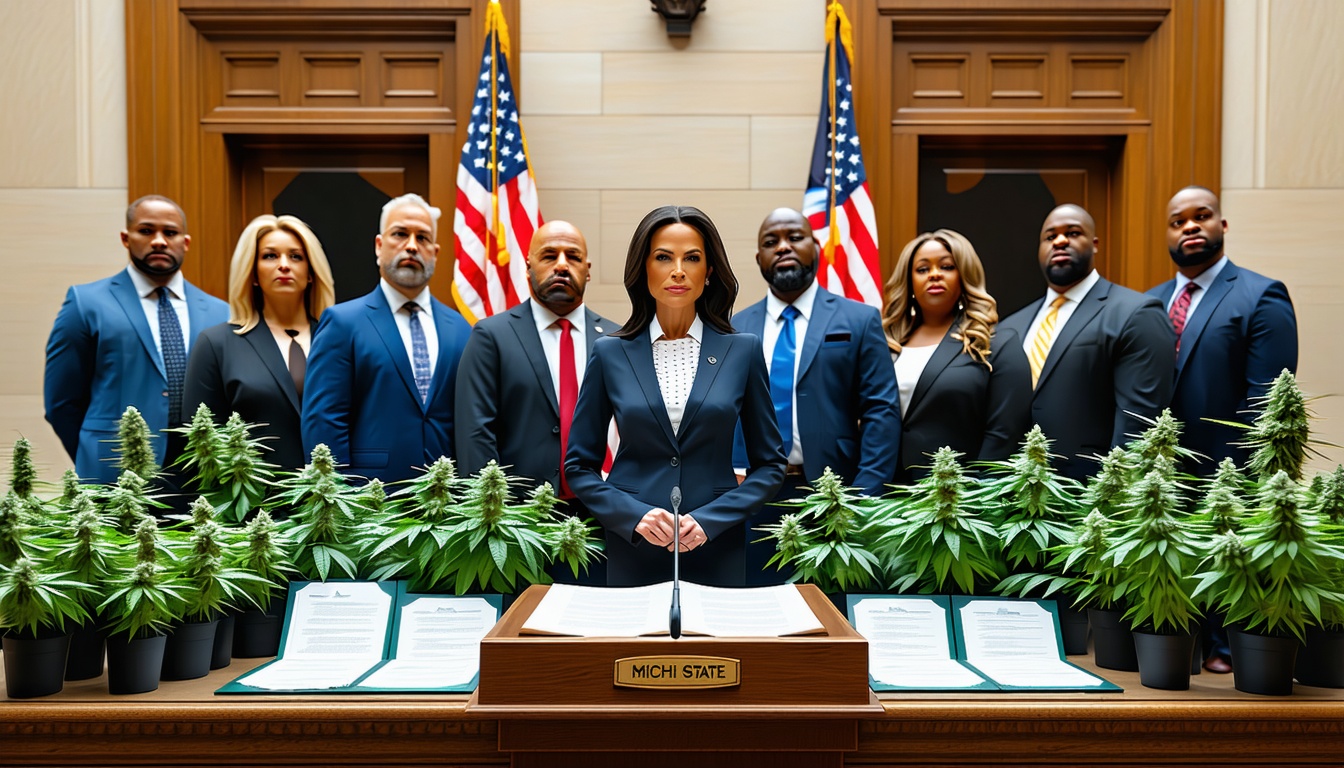Delaware’s Marijuana Commissioner Allows Businesses to Transfer Permits Between Counties
In a move aimed at creating a more favorable business environment, Delaware’s Marijuana Commissioner, Joshua Sanderlin, has announced that cannabis license holders can now apply to transfer permits between the state’s three counties. This decision comes after a veto by Governor Matt Meyer on a bill that would have limited local governments’ ability to regulate marijuana businesses.
Sanderlin’s decision is a response to requests from licensees to change the county in which they operate. He believes that this move will create a partnership between his office and business owners, making it easier for them to navigate the industry.
Under the new policy, licensees can apply to transfer permits between Kent, New Castle, and Sussex counties. This could potentially lead to a shift in the location of marijuana businesses, with some moving away from heavily regulated areas like Sussex County, which has a 3-mile buffer rule for dispensaries.
The decision is seen as a compromise, as it allows businesses to relocate while still respecting the authority of local governments to regulate zoning and land use.
Some licensees, like Derro Smith, a Sussex social equity microcultivation licensee, are eager to take advantage of this new opportunity. “If we don’t get a new [Senate] bill and this is an option, I would be extremely interested to possibly move, being so my license is in the most difficult county,” he said.
However, not everyone is pleased with the decision. Some local officials, like Kevin Caneco, a New Castle County councilman, are concerned about the potential impact on their communities. “I don’t think people necessarily oppose that. Again, as long as we can regulate through our land-use department,” he said.
The decision is also seen as a response to the challenges faced by marijuana business owners in Delaware. The industry is heavily regulated, and businesses often struggle to secure property, financing, and investors due to the federal illegality of cannabis.
In related news, Governor Meyer recently vetoed Senate Bill 75, which would have overridden county-level zoning laws and reduced the buffer between marijuana dispensaries and sensitive locations like schools and libraries. Meyer proposed a compromise, which would direct a portion of the state’s marijuana sales tax revenue to the county or municipality where a business is located.
The debate surrounding marijuana regulation in Delaware is ongoing, with some advocating for more flexibility and others seeking to maintain local control. As the industry continues to evolve, it remains to be seen how this new policy will impact the location and operation of marijuana businesses.












